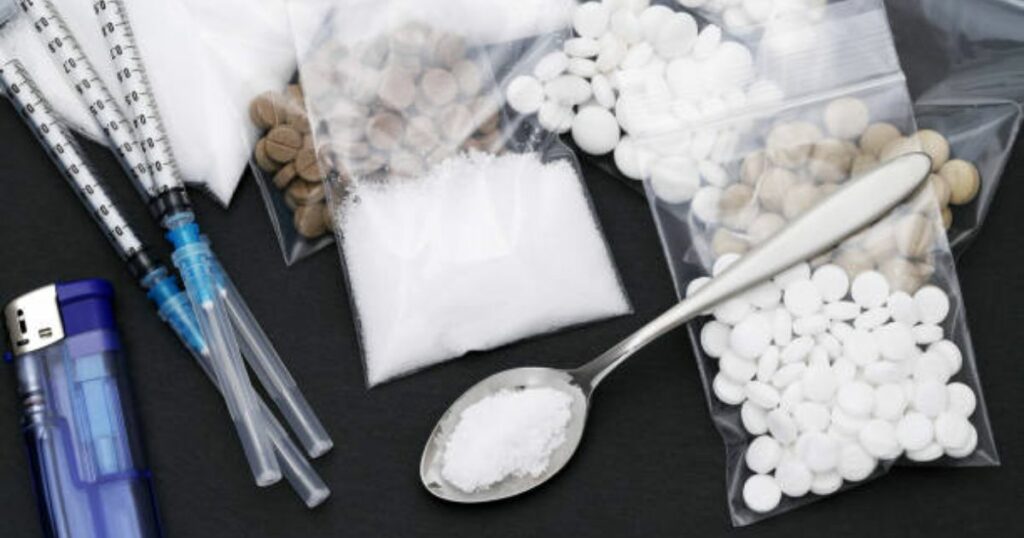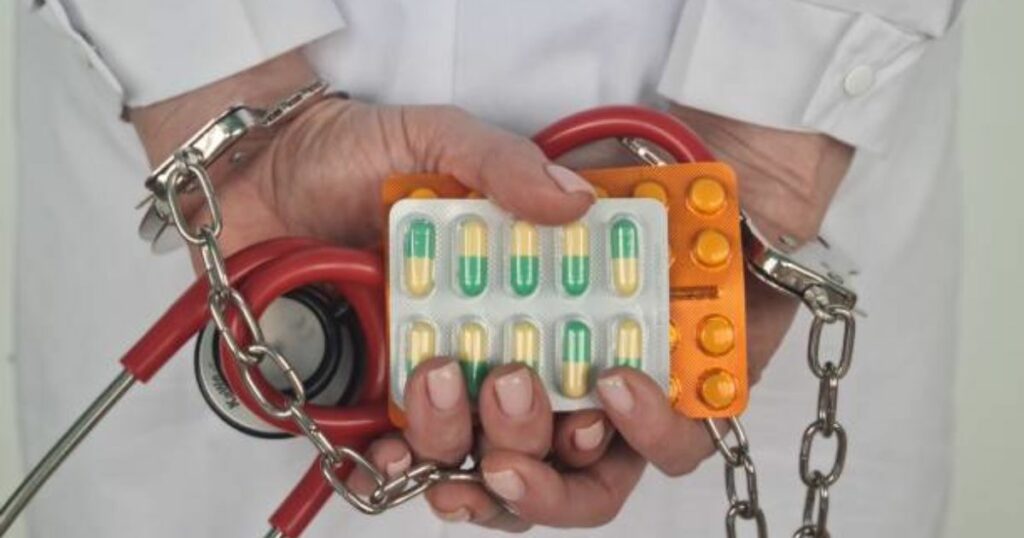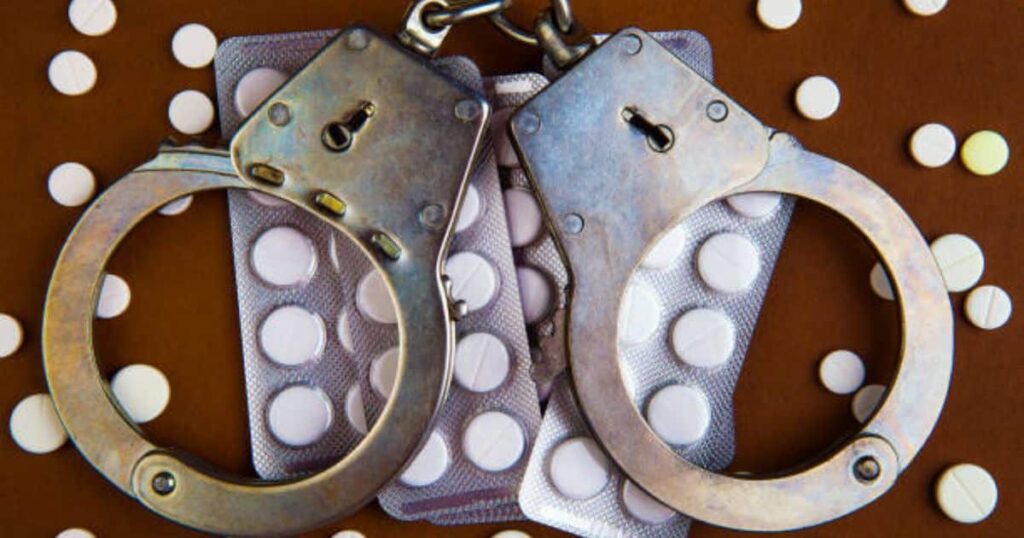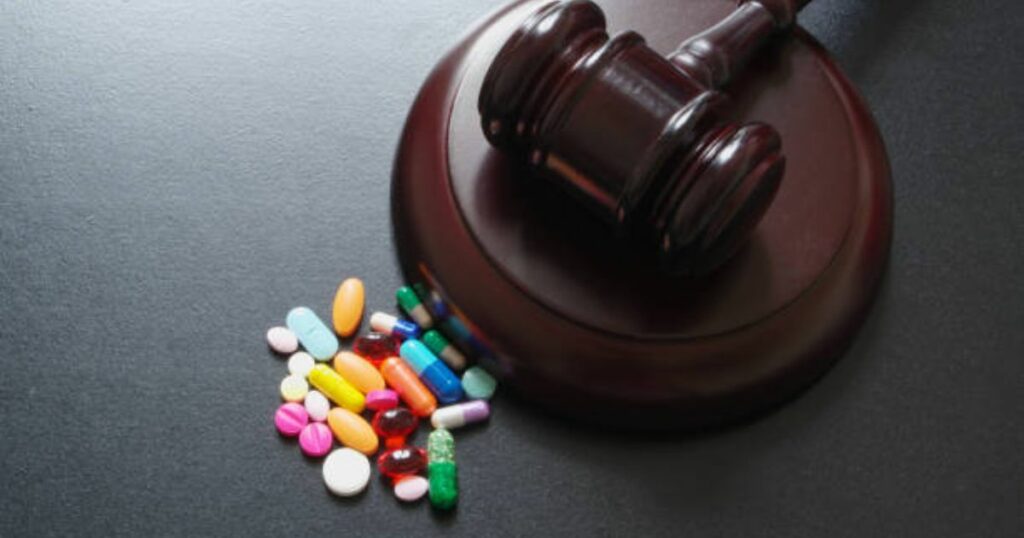The possession of drug paraphernalia is a grave matter in Florida, governed by the stringent regulations outlined in Florida Statute Section 893.145. Recognized as a first-degree misdemeanor, being charged with possession of drug paraphernalia can result in severe consequences.
This article delves into the legal intricacies surrounding this offense, shedding light on whether or not is drug paraphernalia a felony, as well as its potential penalties and defenses.
If you find yourself confronted with allegations related to drug paraphernalia possession, understanding the gravity of the situation and exploring viable defense strategies becomes paramount. Stay informed as we navigate the implications within the confines of Florida law.

Possession of drug paraphernalia in Florida refers to the act of possessing items used for manufacturing, cultivating, packaging, storing, or consuming illegal drugs. The state has stringent laws aimed at curbing drug-related activities, and the possession of paraphernalia is treated as a first degree misdemeanor.
Florida Statute Section 893.145 addresses drug paraphernalia offenses, encompassing items used in the cultivation, consumption, or distribution of controlled substances. The statute defines drug paraphernalia broadly and prohibits various activities, including the sale, delivery, and possession of such items.
Florida Statute Section 893.147, furthermore, prohibits the use, possession, manufacture, and delivery of drug paraphernalia. It criminalizes the advertising and retail sale of specific drug-related items and addresses the possession of certain machines and materials used in drug manufacturing.

Certain elements must be present to be charged with possession of drug paraphernalia in Florida. These elements typically include the following:
Facing charges for drug paraphernalia possession in Florida entails individuals being accused of consciously and willingly holding objects linked to drug-related activities.
The presence of objects specifically designed or commonly used for manufacturing, cultivating, packaging, storing, or consuming illegal drugs constitutes a key element.
The items in possession must have a clear connection to drug-related activities, indicating either current or intended use of illegal substances.

The legal consequences for possessing drug paraphernalia in Florida can be substantial. Categorized as a first-degree misdemeanor, those found guilty of this offense may encounter a sentence of up to one year in jail, coupled with fines reaching $1,000. A probation for 12 months may also be ordered.
Beyond the immediate consequences, a misdemeanor conviction can have lasting effects, including establishing a criminal record that may impact employment opportunities and other aspects of one’s life.
It is crucial to recognize the severity of these penalties and seek legal counsel promptly to explore potential defenses and mitigate the consequences of such charges in the Sunshine State.

Several defenses may be employed to challenge a possession of drug paraphernalia charge in Florida. Some common defenses include:
Arguing that the accused was unaware of the drug-related nature of the items in their possession can be a valid defense.
If evidence suggests that the paraphernalia did not belong to the accused or were misidentified, a defense based on mistaken identity may be employed.
Demonstrating that the items had a lawful purpose unrelated to drug use, such as for tobacco or legal substances, can be a viable defense.
A successful defense approach requires a careful examination of the lawfulness surrounding the search and seizure that uncovered the paraphernalia.
Asserting that the defendant’s constitutional rights were violated during the arrest or investigation may form the basis of a defense strategy.
Our attorneys specialize in guiding individuals through the intricate process of expungement after a drug paraphernalia possession charge in Florida. We meticulously evaluate your case, determine eligibility, and adeptly handle the necessary paperwork.
We provide assertive court representation if needed, emphasizing rehabilitation and the pursuit of a clean slate. Our advocacy extends beyond the courtroom, supporting your rights and facilitating a successful expungement.
With our assistance, you not only navigate the legal complexities but also gain the opportunity for a fresh start, unburdened by the implications of a past charge on your record.
A first-degree misdemeanor in Florida is a serious offense, punishable by up to one year in jail and fines of up to $1,000. It can have lasting consequences, including a criminal record, which may impact employment and other aspects of one’s life.
Possession of a controlled substance in Florida can be charged as either a misdemeanor or a felony, depending on the type and amount of the substance. Felony charges often result in more severe penalties, including longer jail sentences and higher fines.
In simple terms, paraphernalia refers to objects or equipment associated with a particular activity. In the context of drug offenses, drug paraphernalia includes items used for the cultivation, consumption, or distribution of illegal substances.



